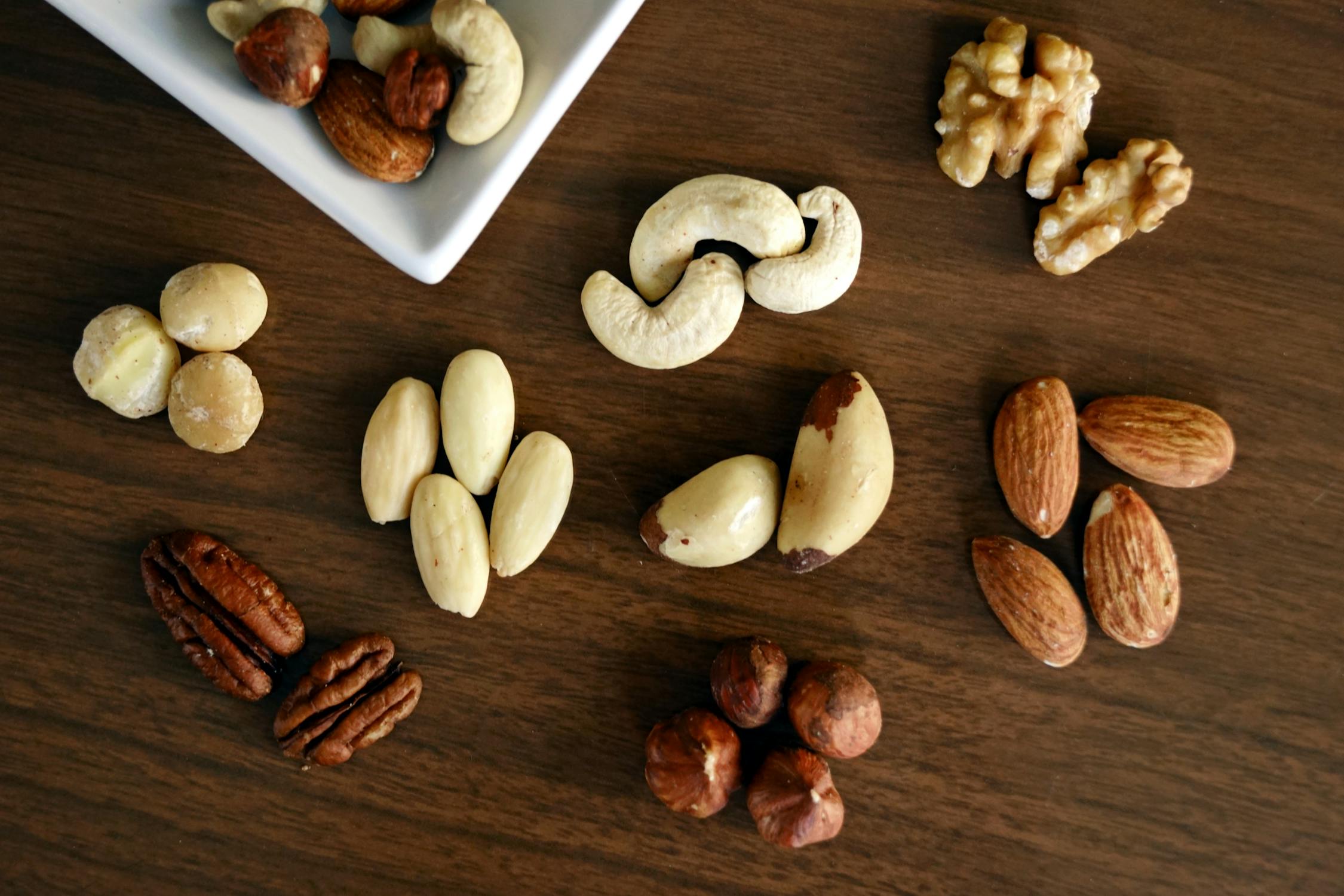Despite living in an age of food abundance, vitamin deficiencies remain surprisingly common. These nutritional gaps can silently undermine your health, causing subtle symptoms that many people attribute to other factors like age, stress, or busy lifestyles.
Why Deficiencies Occur in the Modern World
Several factors contribute to the prevalence of vitamin deficiencies even in developed countries:
- Soil depletion resulting in less nutrient-dense produce
- Processed food diets lacking in whole foods
- Certain medications that interfere with nutrient absorption
- Lifestyle factors like stress and poor sleep that increase nutrient needs
- Dietary restrictions that eliminate nutrient-rich food groups
Let's examine five of the most common vitamin deficiencies, their symptoms, and how to address them effectively:
1. Vitamin D Deficiency
Vitamin D, often called the "sunshine vitamin," is one of the most widespread deficiencies globally.
Signs You Might Be Deficient
- Fatigue and low energy
- Bone and back pain
- Depression or low mood
- Impaired wound healing
- Hair loss
- Muscle pain
Why It Matters
Vitamin D plays crucial roles in calcium absorption, immune function, mood regulation, and inflammation control. Long-term deficiency is linked to increased risk of osteoporosis, cardiovascular disease, and autoimmune conditions.

Sunlight exposure is the primary natural source of vitamin D production in the body.
How to Address It
The best sources of vitamin D include:
- Regular sun exposure (15-30 minutes several times weekly)
- Fatty fish like salmon and mackerel
- Egg yolks
- Fortified foods
- Supplements (typically D3 form) when necessary
"Vitamin D deficiency is a global health problem. A target blood level of 30 ng/mL or higher is recommended for optimal health, yet studies suggest that 40-60% of the worldwide population has levels below this threshold."— Journal of Pharmacology & Pharmacotherapeutics
2. Vitamin B12 Deficiency
Vitamin B12 is essential for nerve function, DNA production, and red blood cell formation.
Signs You Might Be Deficient
- Unusual fatigue or weakness
- Pale or yellowing skin
- Pins and needles sensations
- Mobility changes or balance problems
- Cognitive issues including memory problems
- Mood changes including depression
Who's at Risk
Since B12 is primarily found in animal products, those at highest risk include:
- Vegans and vegetarians
- Adults over 50 (due to decreased stomach acid production)
- People with digestive disorders like Crohn's or celiac disease
- Those taking certain medications (metformin, proton pump inhibitors)
How to Address It
Good sources of vitamin B12 include:
- Organ meats (especially liver)
- Shellfish and fish
- Red meat
- Eggs and dairy products
- Fortified foods (nutritional yeast, plant milks)
- Supplements (cyanocobalamin or methylcobalamin forms)
3. Magnesium Deficiency
Though technically a mineral rather than a vitamin, magnesium deserves mention as one of the most common micronutrient deficiencies.
Signs You Might Be Deficient
- Muscle cramps and twitches
- Fatigue and weakness
- Irregular heartbeat
- Sleep problems
- Anxiety and irritability
- Headaches and migraines

Nuts, seeds, and leafy greens are excellent natural sources of magnesium.
How to Address It
Good sources of magnesium include:
- Dark leafy greens (spinach, kale)
- Nuts and seeds (especially pumpkin seeds and almonds)
- Legumes
- Dark chocolate (70%+ cacao)
- Avocados
- Supplements (magnesium glycinate, citrate, or malate forms)
4. Iron Deficiency
Iron deficiency is the most common nutritional deficiency worldwide and a leading cause of anemia.
Signs You Might Be Deficient
- Extreme fatigue
- Pale skin
- Shortness of breath
- Headaches and dizziness
- Cold hands and feet
- Brittle nails and hair loss
Who's at Risk
Those at highest risk include:
- Menstruating women
- Pregnant women
- Regular blood donors
- People with digestive disorders
- Vegetarians and vegans
How to Address It
Good sources of iron include:
- Red meat and organ meats
- Shellfish and fish
- Beans and lentils
- Dark leafy greens
- Fortified cereals
- Consume with vitamin C-rich foods to enhance absorption
5. Vitamin K2 Deficiency
While less discussed than other nutrients, vitamin K2 plays a crucial role in calcium regulation, bone health, and cardiovascular function.
Signs You Might Be Deficient
- Poor dental health
- Easy bruising
- Weak bones or osteoporosis
- Arterial calcification
- Poor wound healing
How to Address It
Good sources of vitamin K2 include:
- Fermented foods (natto, certain cheeses)
- Egg yolks from pastured chickens
- Organ meats
- Grass-fed butter
- Supplements (MK-4 or MK-7 forms)
Key Takeaways
- Vitamin deficiencies are common even in developed countries and can significantly impact health
- Many deficiency symptoms are subtle and often mistaken for other conditions
- Testing is the most accurate way to identify specific deficiencies
- While whole foods should be your primary source of nutrients, certain situations may warrant supplementation
- Always consult with a healthcare provider before starting supplements, especially at therapeutic doses



